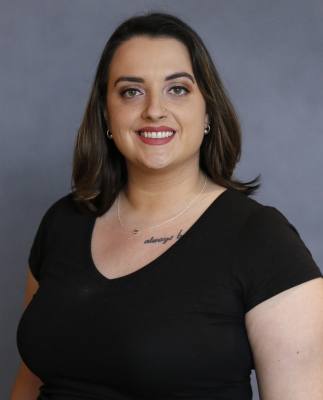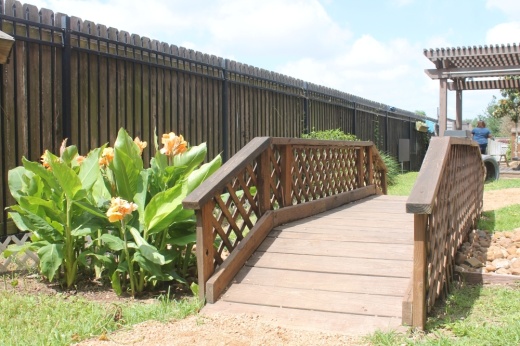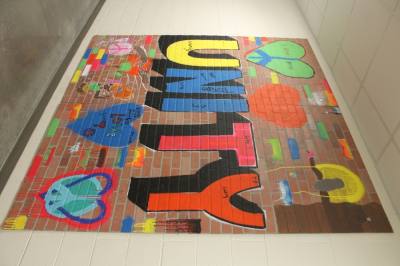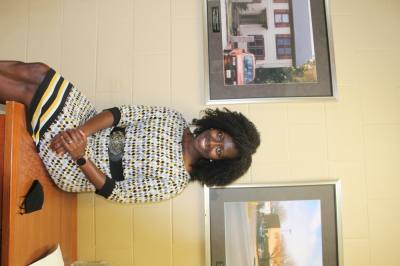Providing these services amid COVID-19 has meant dealing with, as Executive Director Olivia Rivers put it, “a pandemic within a pandemic.”
The Bridge has provided education, support, safe spaces, guidance and action item steps to those experiencing domestic violence, human trafficking, sexual assault, any form of trauma or abuse, family instability or housing issues for more than 40 years. The pandemic presented many challenges for the vulnerable populations The Bridge serves, Rivers said, as lives continued changing and stability became much more relative.
Clients can remain in The Bridge’s housing for 30 to 180 days; up to 100 clients can be housed in the emergency shelter, and around 200 can be housed in the Destiny Village Transitional Housing Program’s approximately 30 apartments. Over the course of their stay, clients are tasked with meeting certain goals, many of which had to be adjusted during COVID-19.
“We definitely changed what it meant to be successful in our program,” she said, adding the early days of the pandemic were when staff focused solely on keeping people illness free. “At that moment, success for us meant safety; it meant health.”
Staff lived on-site with clients for a 45-day period during the pandemic-induced lockdowns in spring 2020, Rivers said. As many services as possible were offered in distancing-friendly settings, from support groups to social activities. Rivers said staff on-site continued to make life as happy as possible.
The facility at 3811 Allen-Genoa Road, Pasadena, is the nonprofit’s third location. The Bridge has evolved its programs and services over the years to focus on children’s services and counseling in addition to women’s services since communities are strongest when the issues women face are addressed from all sides, Rivers said.
Services are available to anyone, regardless of gender or sexual orientation, she emphasized. Amid the pandemic, The Bridge has seen an increase in both transgender and male clientele, Rivers said, as well as an increase in people calling to inquire about basic necessities such as water and baby formula.
The nonprofit performs as much mobile or remote advocacy as it can, especially given the lack of access to transportation southeast Houston’s underserved populations experience, Rivers said.
“You have to go out and meet the community where they are,” she said.
This has been made possible through locals who donate clothing, food, money, supplies and their time, Rivers added. The Bridge aims to continue to help people in communities where they can find the kindness they need.
“A community is not just people you share a ZIP code with—community can be massive,” Rivers said. “We’re not meant to go through life on our own.”







